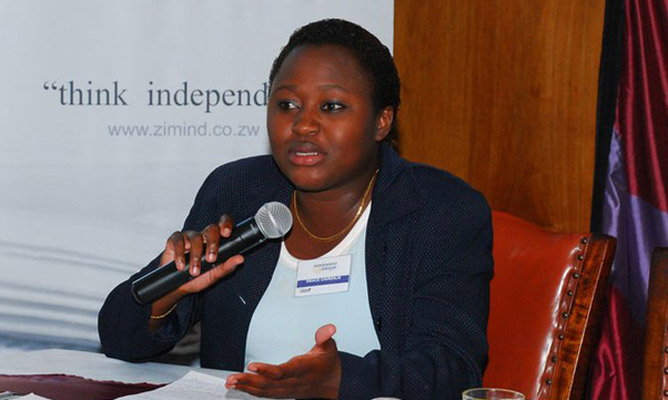
THE shortage of potable water in Chitungwiza has reportedly reached alarming levels with more than 10 000 residents in Unit B forced to scramble for the commodity at the only two available boreholes, NewsDay has learnt.
BY KENNEDY NYAVAYA
Chitungwiza Ward 21 councillor Fungai Chirwa told NewsDay last week that the situation was dire and appealed for the government’s urgent intervention.
“We are appealing to the government to intervene because water is life and if they cannot provide it on taps, they can come to sink more boreholes so that people do not walk long distances to access water,” Chirwa said.
She was speaking on the sidelines of an all-stakeholders’ meeting organised by Zimbabwe Young Women’s Network for Peace Building (ZYWNP).
Chirwa said plans to construct Muda Dam to sustain water shortages in Chitungwiza was currently at a standstill owing to lack of funds.
“Plans to build it (the dam) are in place, but we are being limited by lack of resources. We are searching for donors as well to help us in the project,” she said.
Chirwa said the water crisis had mostly affected women and girls as they were forced to wake up as early as 4am to fetch water for domestic use.
- Chamisa under fire over US$120K donation
- Mavhunga puts DeMbare into Chibuku quarterfinals
- Pension funds bet on Cabora Bassa oilfields
- Councils defy govt fire tender directive
Keep Reading
Speaking at the same event, ZYWNP programmes officer Kundai Chikoko said: “As an organisation, we are conducting this programme to promote social accountability in respect of women as the citizens who are mostly affected by these shortages and office-bearers so they can work together to fight these problems.”
Chikoko said her organisation’s objectives were to promote participation of women in policy-making at grass roots level and help dismiss the culture of silence.
“It has not been easy to remove the blanket of patriarchy, but we want to encourage women to make a meaningful contribution in the development agenda of their communities,” she said.
The organisation, founded by human rights activist Grace Chirenje in 2008, was aimed at redressing social imbalances.











